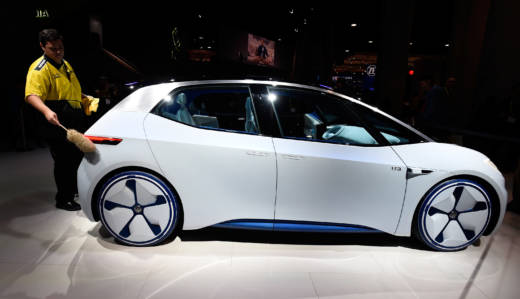LOS ANGELES — Driverless cars will be tested in California for the first time without a person behind a steering wheel under new rules that state regulators approved Monday for the fast-developing technology.
The new regulations from the Department of Motor Vehicles are a major step toward getting autonomous vehicles to dealerships and onto the public roads. Until now, driverless cars could only be tested on public roads in the state if a person could take the wheel in an emergency.
"I think this is a move that had to happen for California to stay competitive in this field," said Nidhi Kalra, a Rand Corp. senior scientist who has been studying the issue for a decade.
Although the technology is being developed in California, companies such as Google's Waymo have already been testing in other states such as neighboring Arizona because requiring a human driver limits the kind of car that can be tested, she said.
"You can't test what true, full autonomy looks like" unless there's no driver at all, Kalra said. "To be able to test it right in your backyard is a really big deal."

